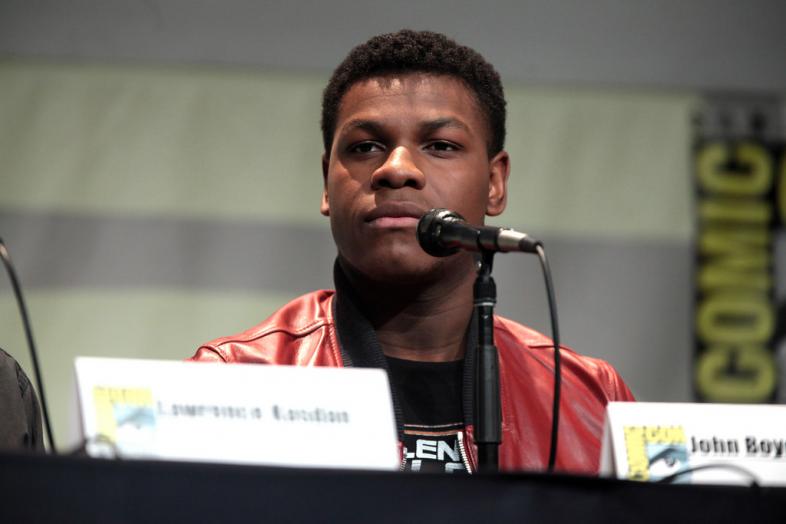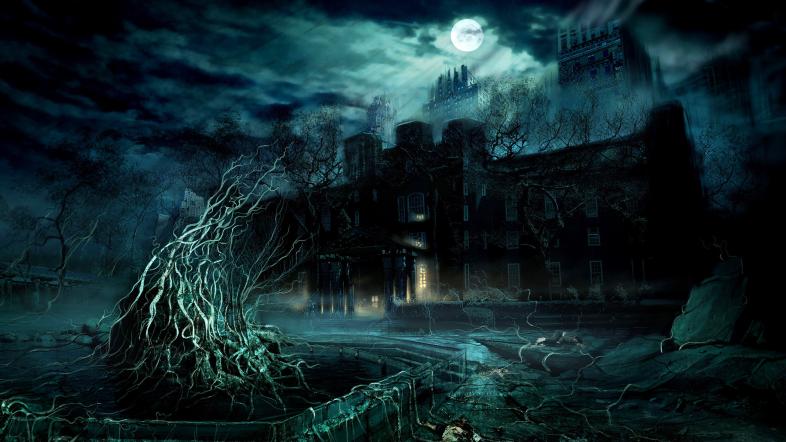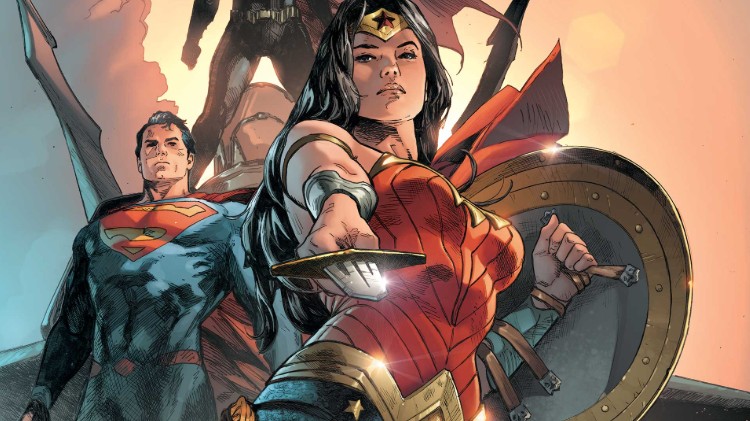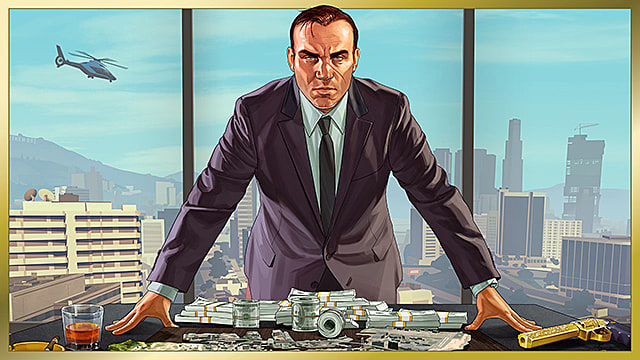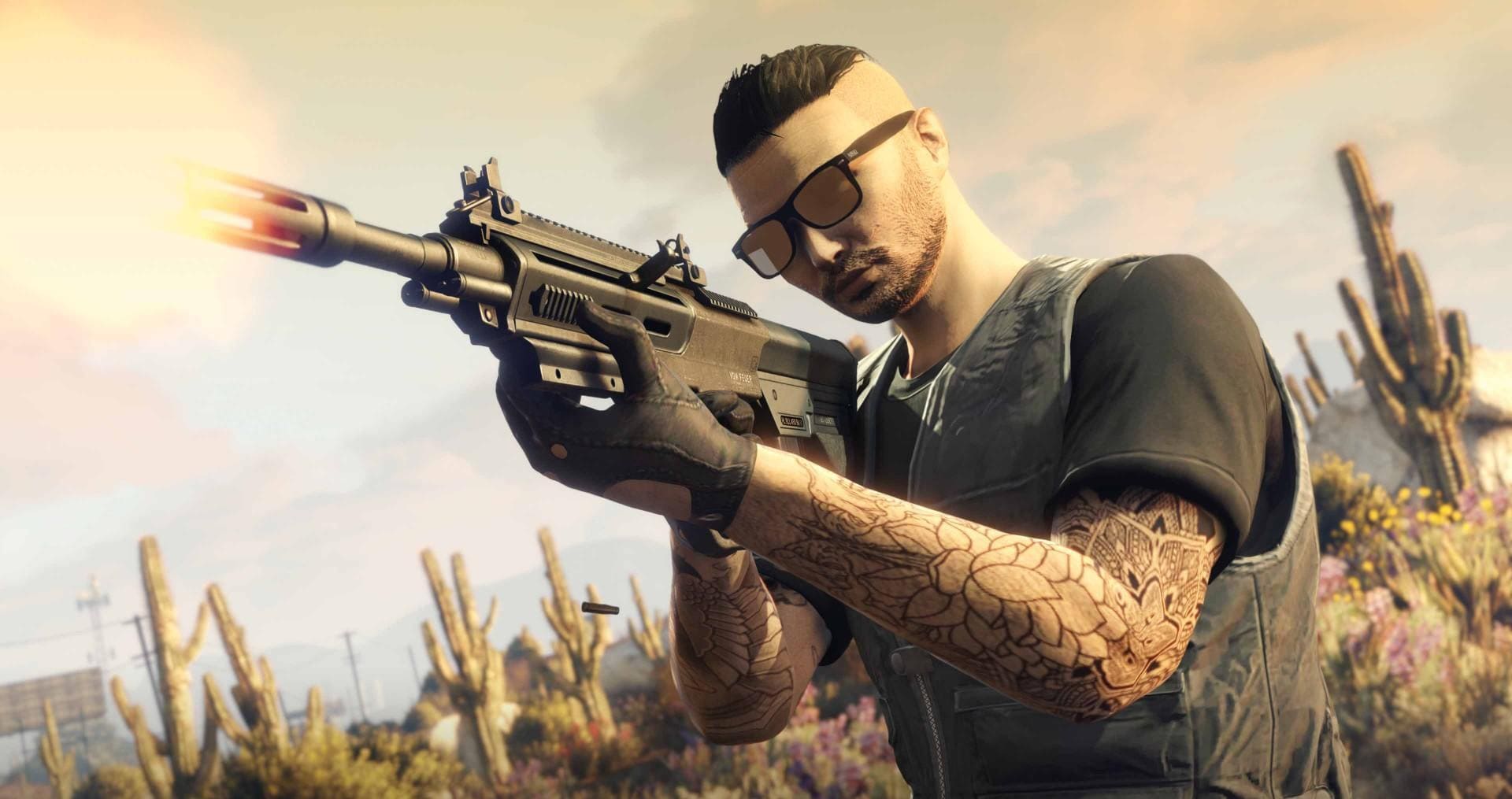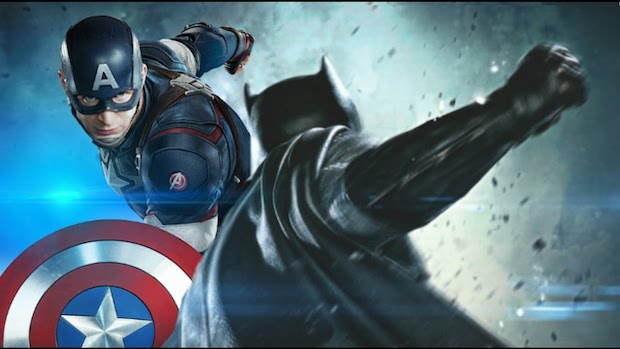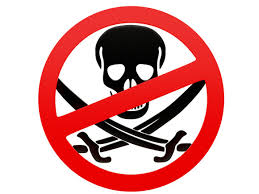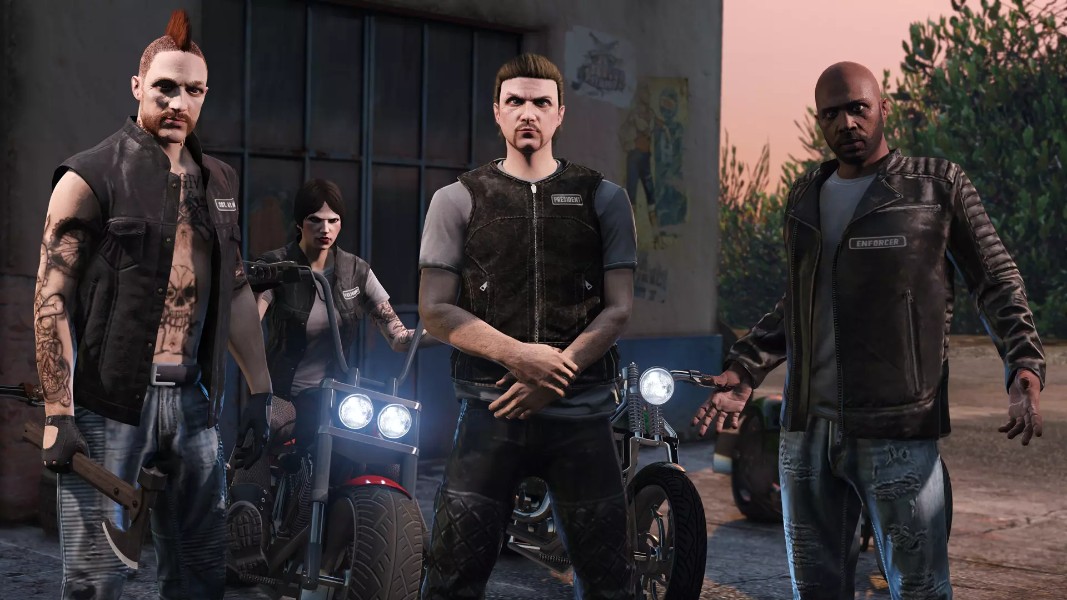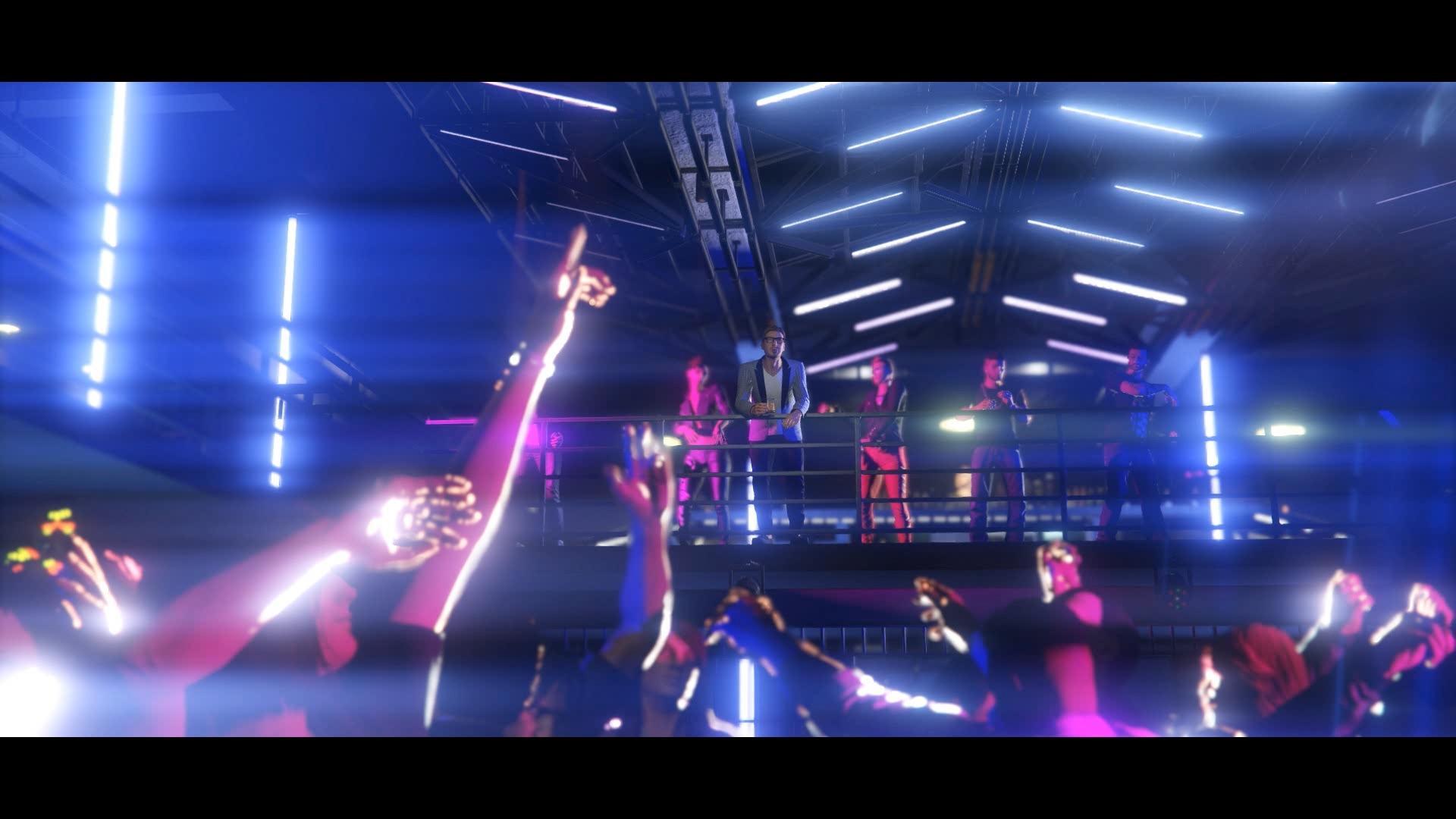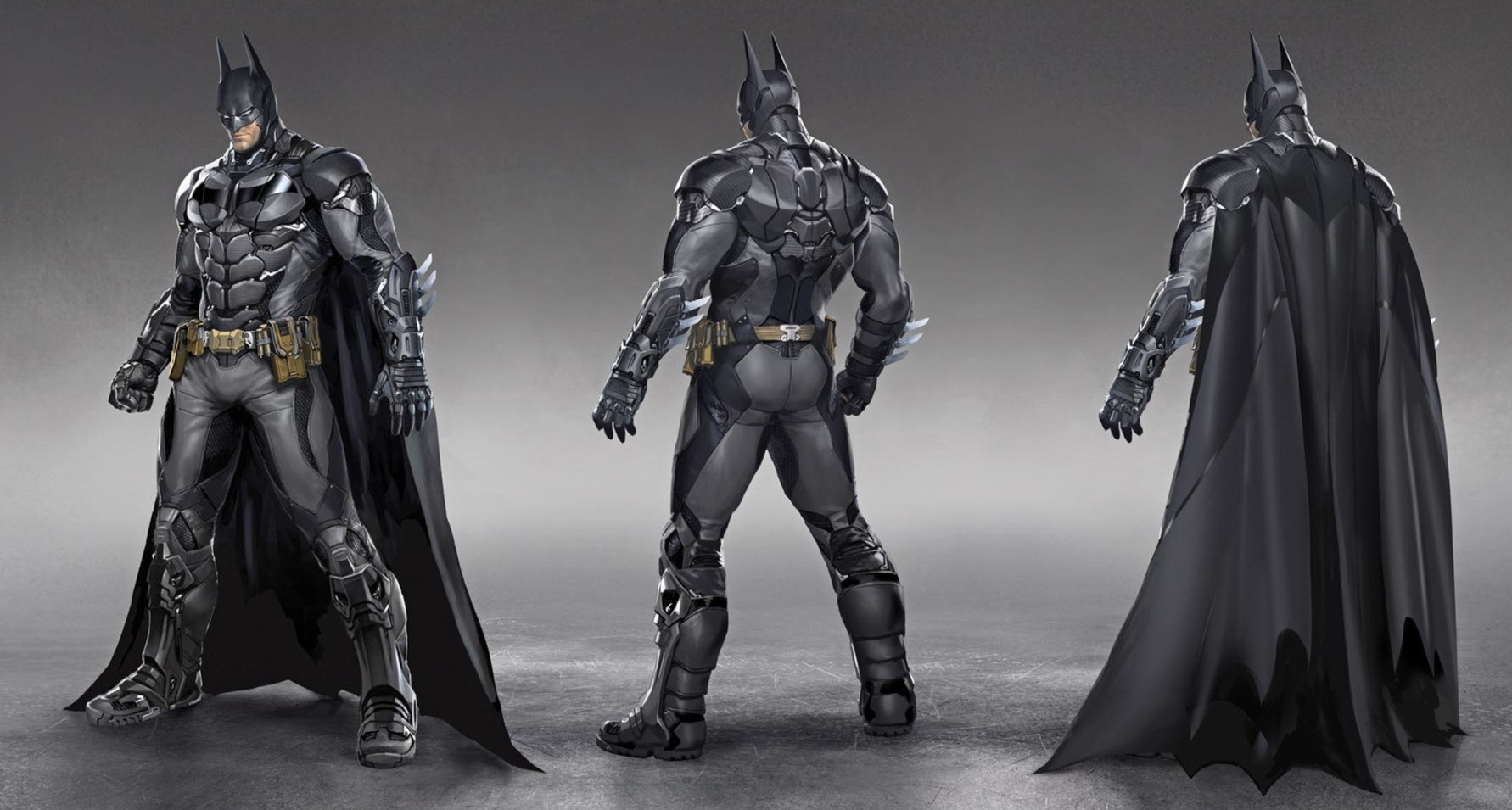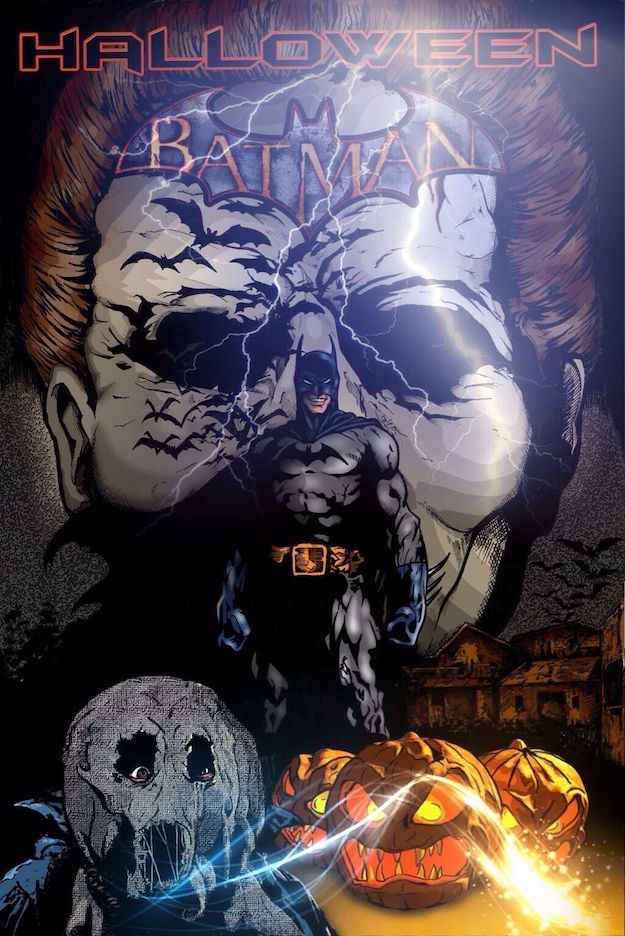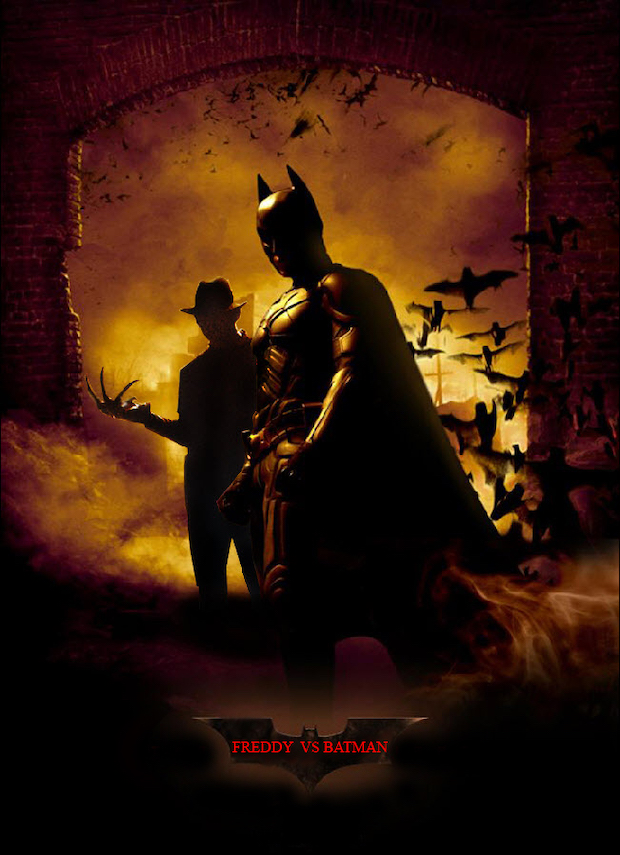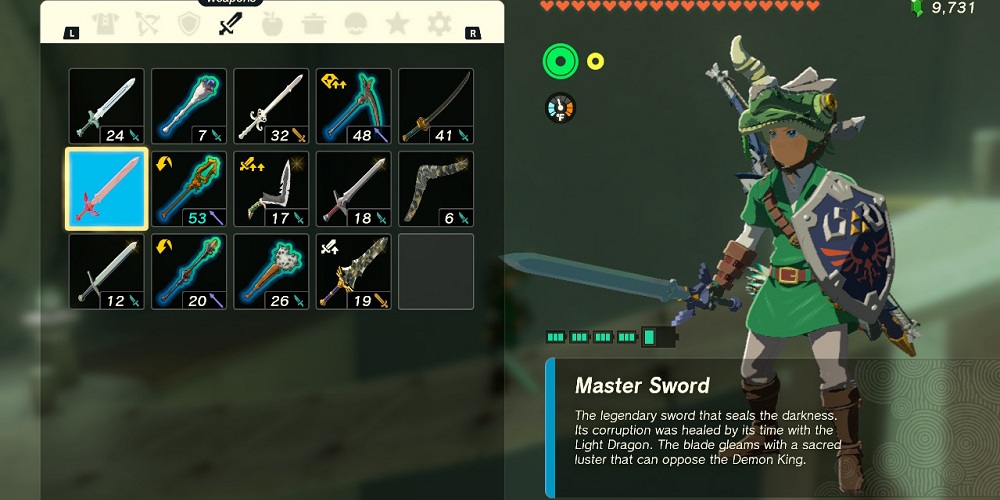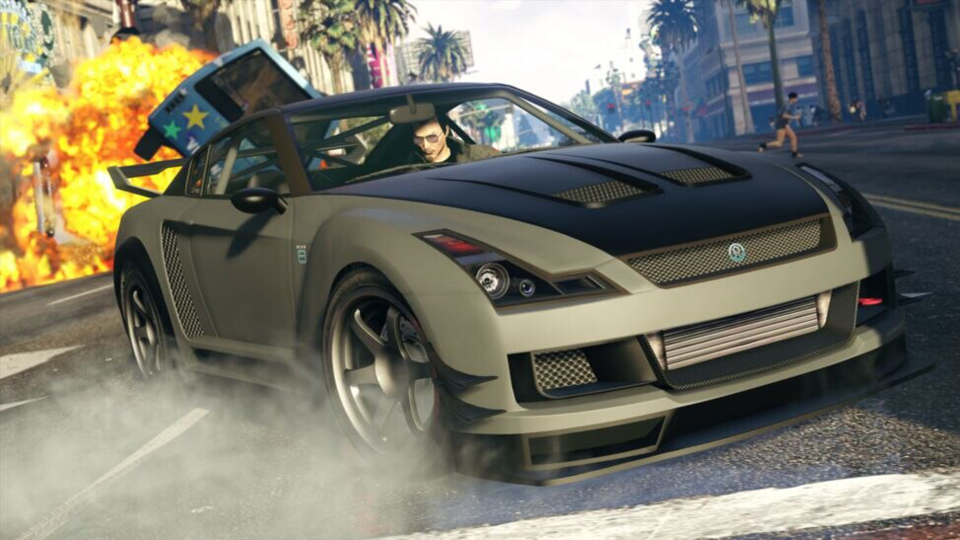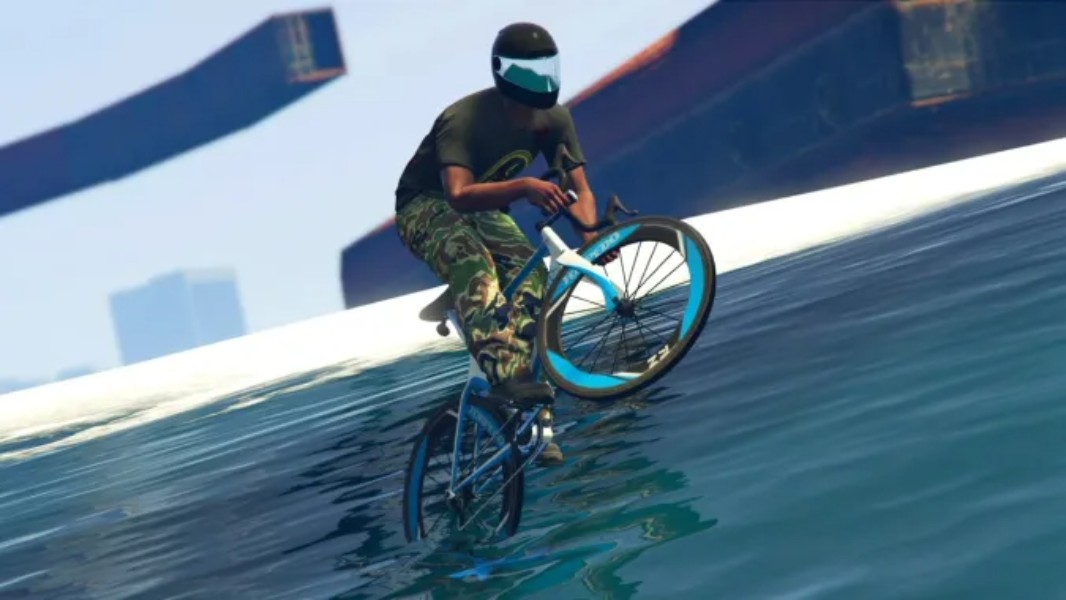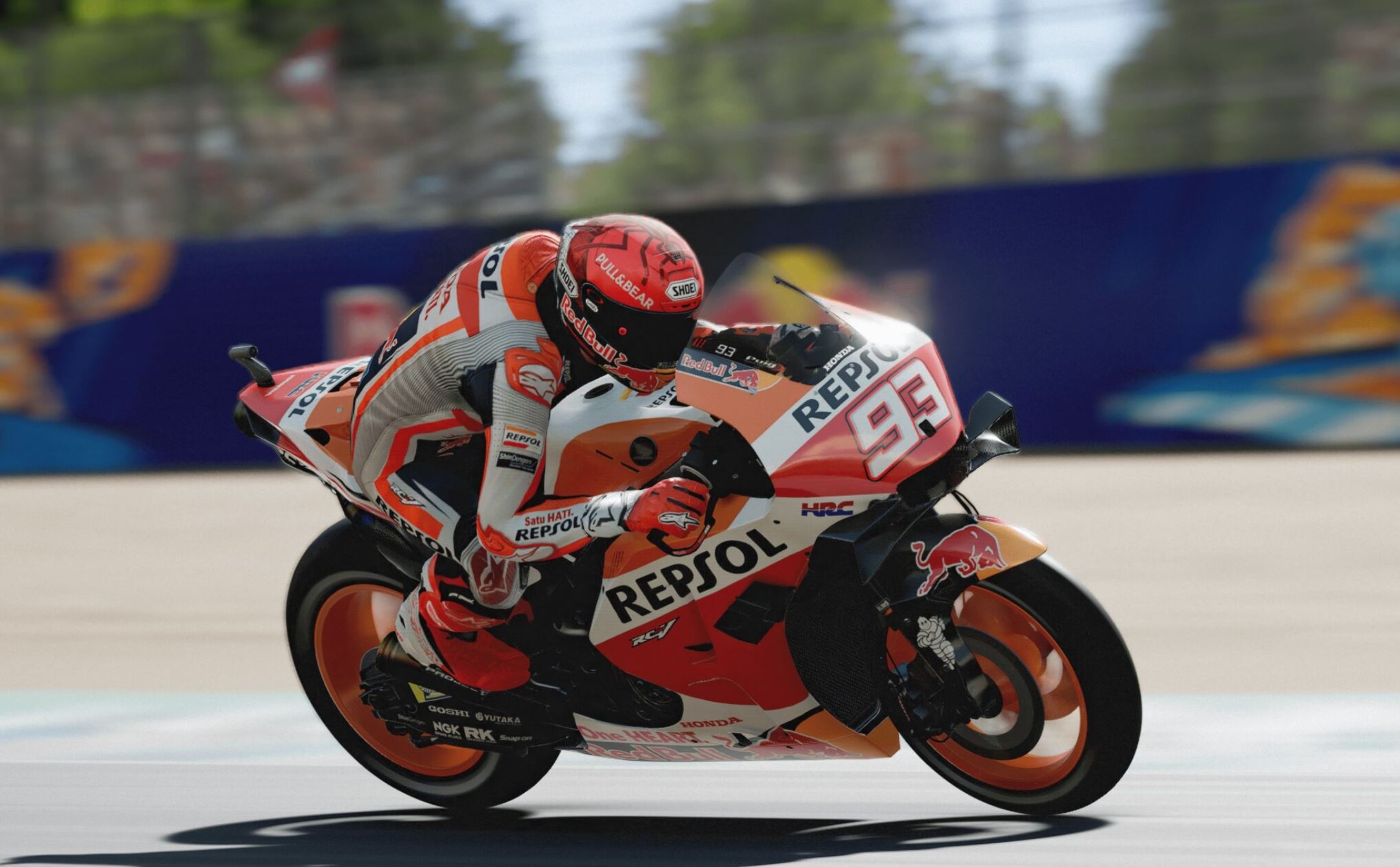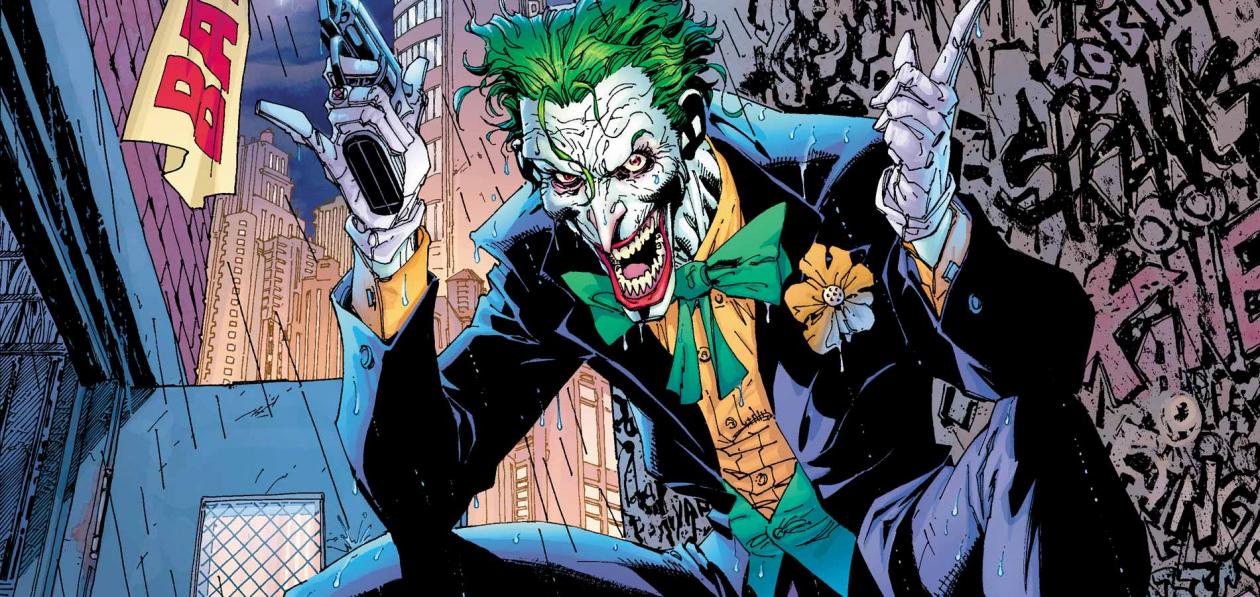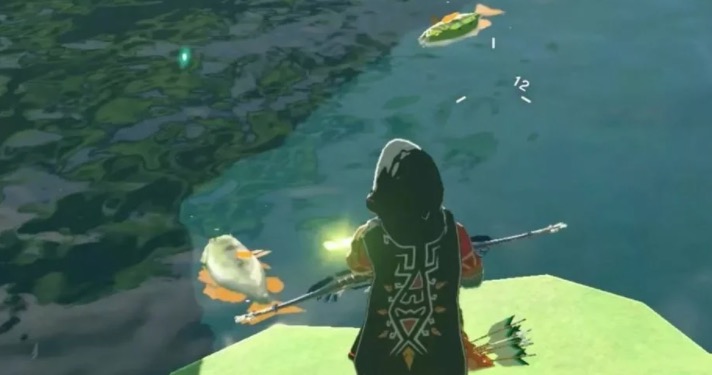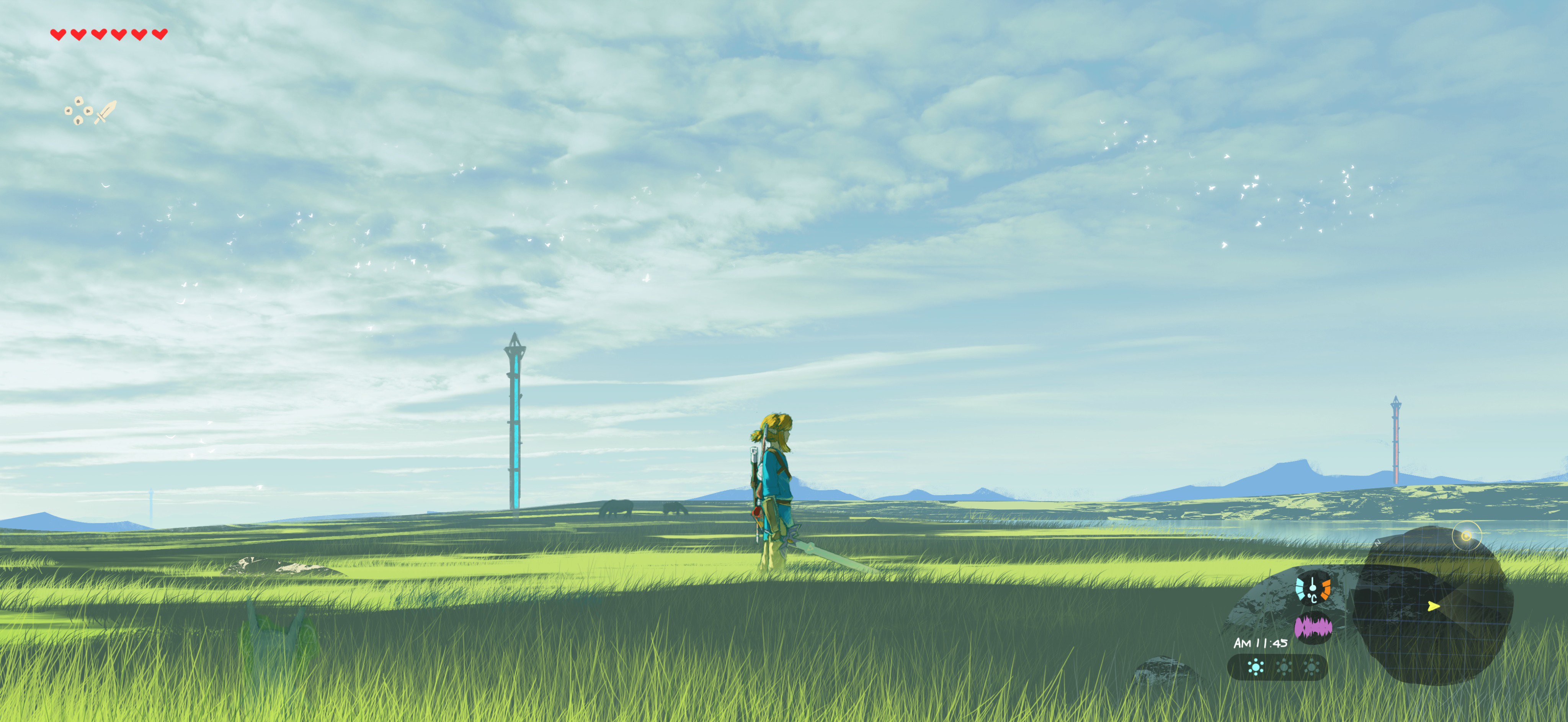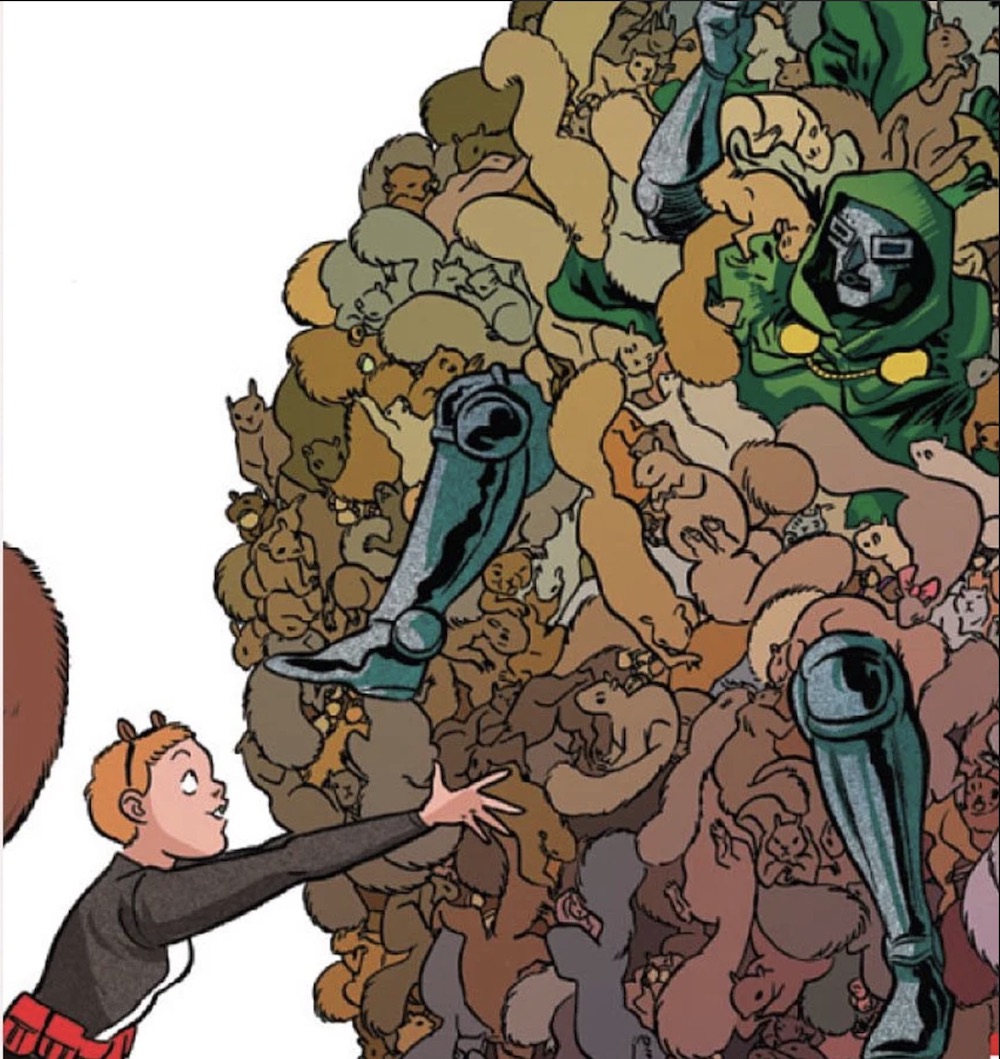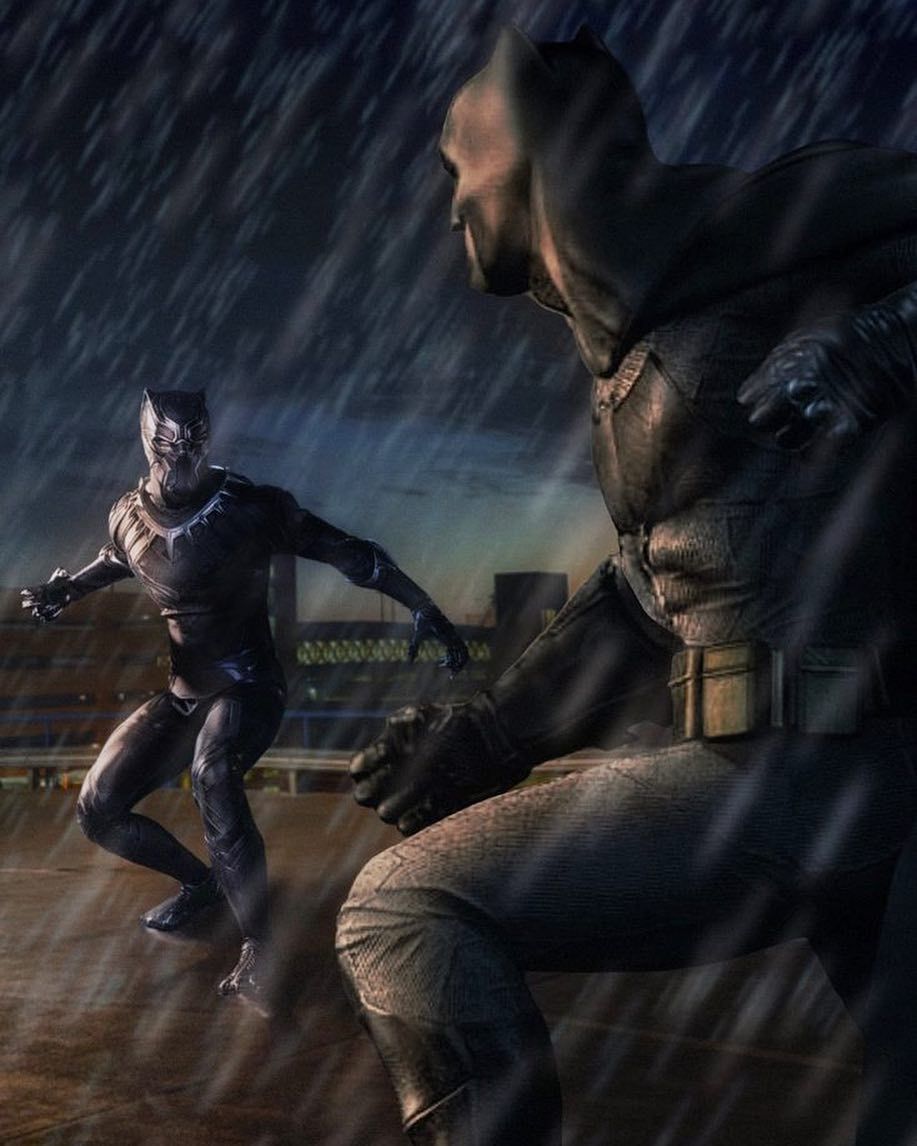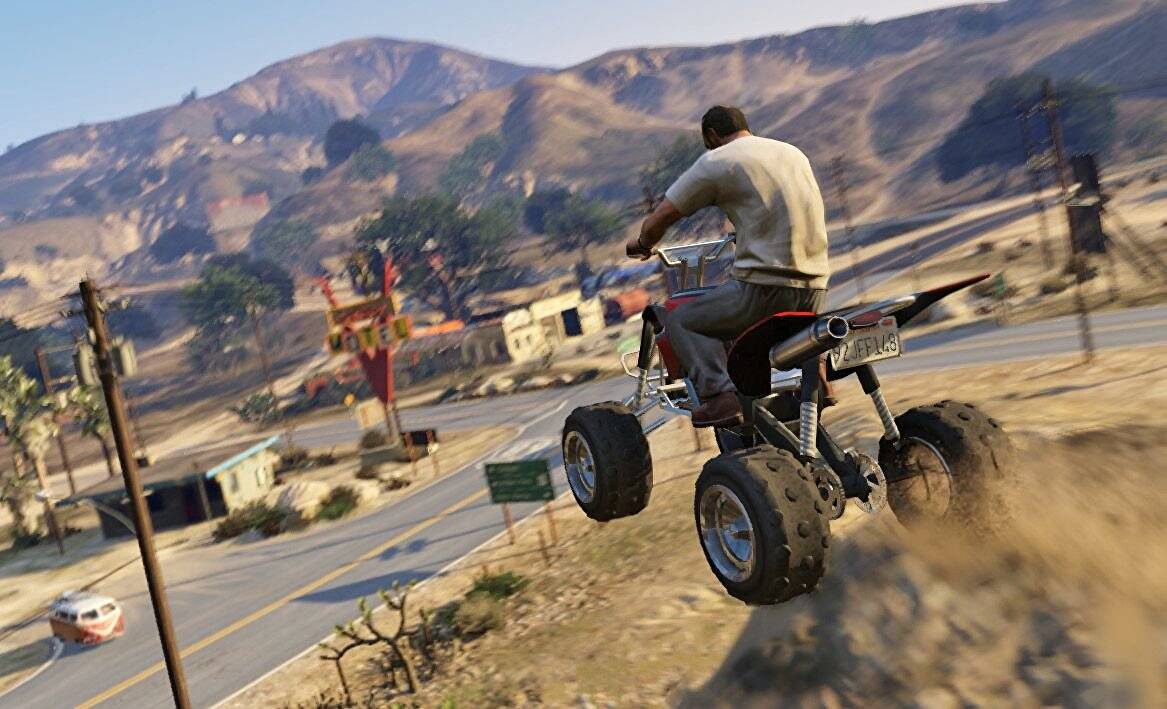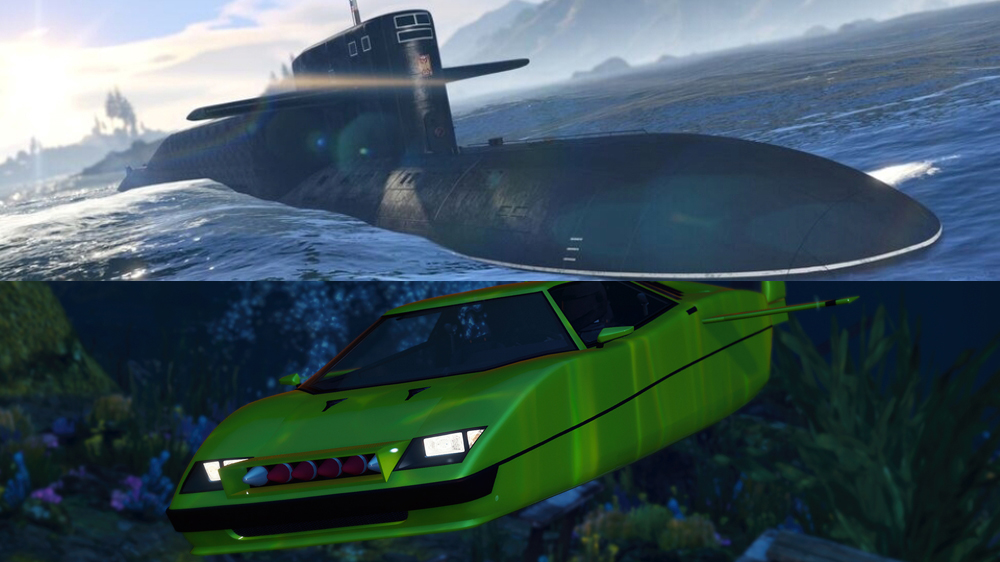
Intro: Don’t Play with Pirates
Piracy in all forms is bad. Very, very bad. In terms of video games, this is the act of copying and distributing a published title, allowing players to use the pirated software for free. It is not only illegal as a form of copyright infringement, but also a morally questionable and heinous act. Thankfully, many developers and publishers have implemented some form of detection into their games to teach those bums a lesson. I have seen some examples of how games mess with pirates, and I absolutely love some of the ideas. Here are ten titles that creatively dealt with pirates, while also getting the message across to never pirate again.
#10: The Secret of Monkey Island (PC)
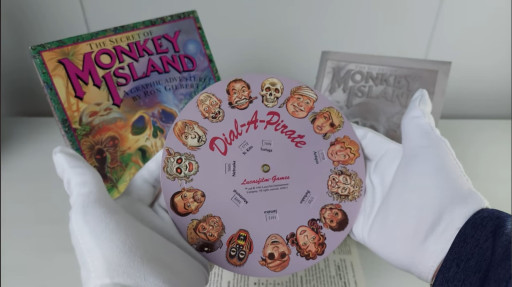
In the 90s, pirating a PC game was a simple process. All one had to do was copy the disk’s data onto a blank disk. That was it. Technology was much less complex thirty years ago, which was great for dirty pirates. On the other hand, game developers were hindered by technological limits, as programming anti-piracy measures into their titles was no easy task. Thus, physical copy protection was the best solution at the time. Although many gamers, including myself, find the modern measures much more creative and clever, Lucasfilm Games showcased one of the better physical protection methods in the form of a cardboard wheel. But how is a piece of recycling going to do any good in stopping pirates?
The 1990 point-and-click adventure game The Secret of Monkey Island is, ironically, a game about a young aspiring pirate named Guybrush Threepwood. Lucasfilm used their title’s theme to their advantage, and bundled early releases of the game with the Dial-a-Pirate wheel. Once booting up the game, we were presented with a prompt. For example, the game might ask you, “when did this pirate conquer Barbados?” while also displaying one of the pirates on the physical wheel. When we rotated the wheel until we matched the two halves of said pirate’s face, we would then look at the cut-out square with the location in the prompt listed above, and type in the year that is shown. With the correct answer, the game would begin.
Sadly, the cardboard wheel was vulnerable to being copied itself, allowing real-world pirates to double up on fake material and still get away with it. Despite that, Lucasfilm Games, to their credit, did the best they could in protecting authentic copies of The Secret of Monkey Island. At the very least, I hope that the pirates who deployed their heinous tricks on this game knew how vile they were to use an illegally reproduced piece of cardboard just to play a pirated game. I’m sure the pirates seen throughout Monkey Island would not be proud of their so-called real-life counterparts.
#9: The Legend of Zelda: Spirit Tracks (DS)
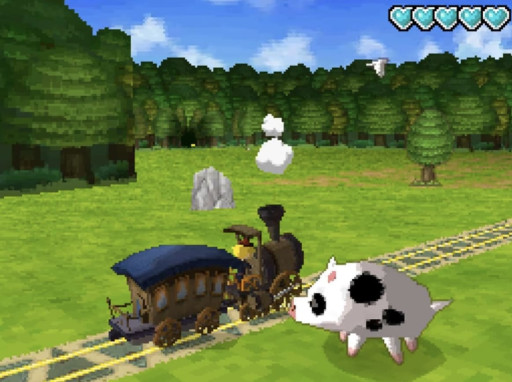
Pirates ran rampant in the Nintendo DS era, as Nintendo saw many of its Japanese consumers pirating many of the handheld’s early first-party titles millions of times over. To emphasize how bad this was, among the twenty most pirated DS titles, there were nearly twenty-million illegal downloads in Japan, costing Nintendo nearly one billion dollars in lost profit. This was a wake-up call: developers needed to crack down on the problem and protect future additions to the DS library from these corrupt thieves. The Legend of Zelda: Spirit Tracks did just that.
Very early in the adventure, the hero, Link, has to go to Hyrule Castle by train. We, the players, have to take command of the locomotive and must reach our destination within five minutes. To reach the castle safely and swiftly, we must use our DS touch screen to adjust speed levels and use the brakes as necessary, adjust our camera angles to be wary of our surroundings, and toot the train’s whistle to shoo animals out of the way.
However, on a pirated cartridge, you would have zero control over your vehicle. No brakes, no whistle, nothing. In the tutorial on how to use the train, we learn to use the whistle when a pig is blocking our way, and it won’t move if we don’t use the whistle. Pirates found themselves in trouble for not just copyright infringement, but also animal abuse, as the only option was to ram right into the swine. Poor guy. But… it gets worse. The train will merely stop at that point, the timer will run out, and that’s it. No more progressing with the story. The Spirit Tracks team nips piracy in the bud from the get-go, to, quite literally, derail criminal behavior and prevent pirates from having their way.
#8: Jet Force Gemini (N64)
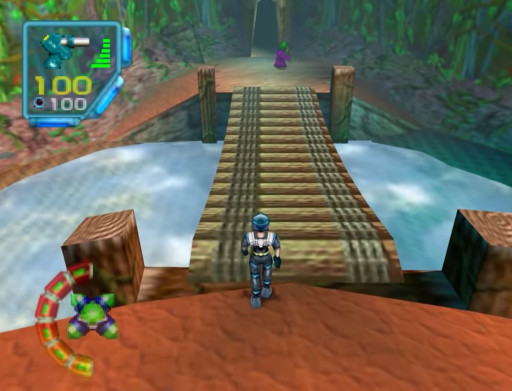
The staff at Rareware made some of the best games of all time during their days with Nintendo, and they were also ready to combat piracy. We thought we’d see their most clever tactics used in games such as Banjo-Kazooie or GoldenEye 007. Nope. While Jet Force Gemini is quite possibly the most underrated title in the British developer’s library, the third-person shooter stands out for being the most difficult Rareware game to pirate.
At the start of the game, Juno, one of the three protagonists, finds himself separated from his sister, Vela, and their trusty dog, Lupus. We have to reunite the trio as quickly as possible. Well, to progress, I’ve got to pull out my gun and shoot down some enemies to prove myself… wait a minute… is this thing jammed?! That’s right, folks. On a pirated cartridge, you can draw your weapon, but that’s it. You can’t fire any projectiles, and thus cannot complete the tutorial. But, just when you think it can’t get any worse, guess what? It does! Juno moves at a snail’s pace in all pirated copies of the game. Even your grandmother can run faster than that!
By plugging in an anti-piracy barrier right at the start, the Jet Force Gemini team infuriated pirates with Juno’s sluggish speed and useless weapon. I would think that these criminal players would simply quit the game in frustration rather than try to find a way around this mess. Unlike in Spirit Tracks, where you lose control completely, Jet Force Gemini severely hinders the controls, which is infinitely more frustrating than not being able to do a darn thing.
#7: Grand Theft Auto IV (PS3/Xbox 360)
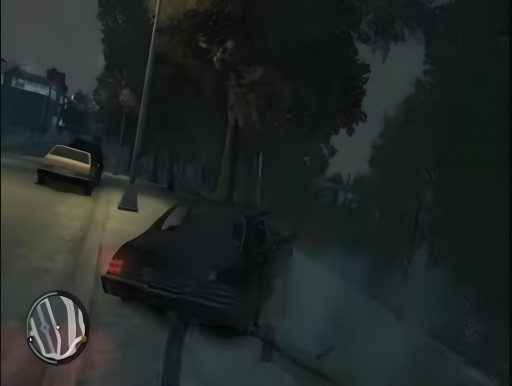
Grand Theft Auto IV was one of the most expensive games to produce so I sure hope Rockstar North did something to protect the game from pirates. Well, they sure did! GTA IV implemented a handful of different measures. While the auto acceleration, disabled computers, unplayable missions, and shoddy engines were very smart ideas, one other tactic stands out as the nail in the coffin.
Our protagonist, Niko Bellic, can, at the player’s discretion, get very drunk. We have the option to control a wasted Niko, which opens the doors for unique events and exchanges that are unseen when he is sober. On top of that, the camera became much more wonky to replicate a real drunken stupor. A little harmless fun for ethical gamers, but what about for the pirates? Well, those who tried to play GTA IV on a pirated disc soon learned their lessons…
After just a few minutes into the game, the swaying camera would automatically activate. Pirates didn’t need a single drop of alcohol to play as a stupid drunk. However, unlike legit copies, the drunken effect was permanent. For pirates, the erratic camera was an absolute nightmare to try and work around. But, even if criminal masterminds still wanted to bother playing, the herky-jerky perspective is a potential one-way ticket to motion sickness, dizziness, and headaches.
For a game that required a budget of over one-hundred million dollars, Rockstar North needed a strong wall to protect their game, and they succeeded. They showed those fools that pirating video games is not only illegal, immoral, and not worth it, but also sickening, quite literally. For those pirates who didn’t end up in jail for illegally playing GTA IV, a trip to the hospital was more than enough as the next best punishment.
#6: Sly Cooper and the Thievius Raccoonus (PS2)
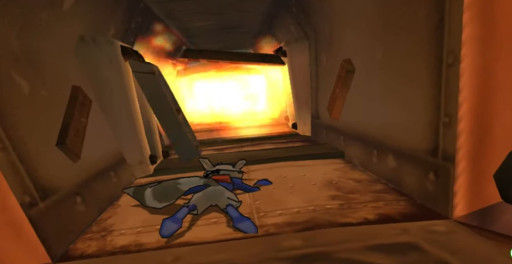
It’s okay to steal things in a video game, I suppose. I mean, it is just a game and we’re not actually stealing anything in real-life. But, the premise of Sly Cooper and the Thievius Raccoonus is not an excuse to take what isn’t yours, especially the game itself. The debut entry in the Sly Cooper franchise made it clear that your idols are not always the best role models. While I doubt anyone idolizes a fictional, masked raccoon who beats enemies to a pulp with a staff passed down through his family, developers Sucker Punch Studios were smart to drive that point home.
Sly Cooper and the Thievius Raccoonus has a few anti-piracy measures programmed into the game, but one sticks out as the most unique. The story spans across five episodes with various missions to complete. In the first episode, we have a mission titled “Into the Machine,” where Sly must shut off all the furnace doors of said machine, in order to progress. However, if you don’t reach the final section of the level within a minute and twenty-seven seconds (why this specific amount of time, I will never know), a firewall will stand in the way between the raccoon and the furnace. All Sly can do here is try to run through the fire like an idiot, and get burnt to a crisp. Pirates who tried to simply save the game and reset the game to solve the problem only made it worse: the firewall remained when the game was rebooted, and the game was softlocked. Sly Cooper and the Thievius Raccoonus really dials up the heat for criminals, sending them to the fiery depths of the underworld for their evil deeds.
#5: The Legend of Zelda: Ocarina of Time (N64)
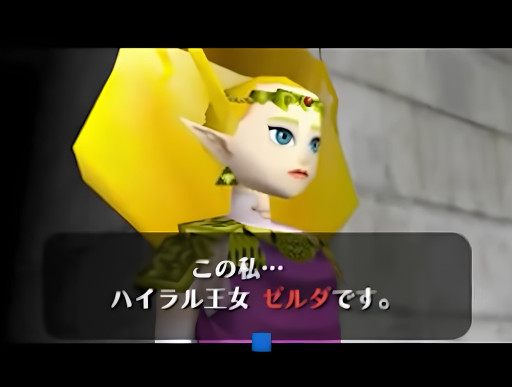
The Legend of Zelda: Spirit Tracks was not the first of Link’s outings to implement anti-piracy measures. Our first glimpse of copyright protection in Hyrule occurred in The Legend of Zelda: Ocarina of Time, and boy was it unsettling! Ocarina of Time has two instances of dealing with pirates, both of which are seen toward the end of the game. I think it’s really clever that Nintendo put these measures in so late in the game, lulling pirates into a sense of security and then coming in out of nowhere with a nasty surprise at the end of the adventure.
After Link obtains the final Sage Medallion, his next task is to confront Ganondorf once and for all. He meets up with Sheik, the supposed last member of a dying tribe who assists Link throughout the second half of the game, at the Temple of Time. Here, Sheik reveals his true identity - Princess Zelda herself. However, those pesky pirates were in for a very rude awakening, as Zelda’s hair had a mind of its own. It’s hard to describe her hairdo on a pirated cartridge, but, let me tell you, it is not a pretty sight.
If Zelda’s bad hair day wasn’t off-putting enough, criminal players were officially stopped in their tracks during the final minutes of gameplay. After defeating Ganondorf in his normal form, Link is tasked with guiding Zelda out of the crumbling tower. Throughout the descent, some doors are sealed by prison bars. Zelda assists us by using her magic to unseal these doors. However, on a pirated copy of Ocarina of Time, the first door will not open. Zelda will cast her magic, but nothing will visibly happen. The princess will nonchalantly phase through the barred door as if it were opened, but what about Link? Well, not even the Hero of Time’s sheer strength can save him, so his game is, quite literally, over.
As the game forces a time limit on us players to get out of the burning building, all pirates can do is wait for the timer to expire and watch as Link perishes beneath the fallen rubble, as Ganondorf seizes Hyrule for good. Anyone dirty enough to pirate this beloved classic, often considered the greatest video game of all time, learned their lesson, and probably wished they could trade places with Link. After all, you can’t go to jail if you’re already dead.
#4: Batman: Arkham Asylum (PS3/Xbox 360)
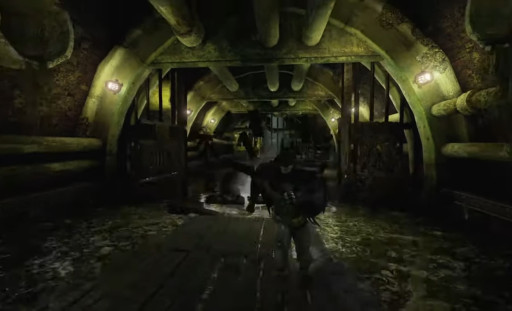
Superheroes aren’t lawbreakers, but those who play as them on a pirated game disc sure are! Batman: Arkham Asylum punishes pirates by taking away some of Batman’s signature maneuvers, which are necessary to progress. Saving Gotham is nothing but a pipedream to those with an illegal copy of the game.
First off, on a pirated copy of Arkham Asylum, Batman can’t glide with his cape. Wait, if Batman is not able to glide, how in the name of Harley Quinn are we supposed to cross large gaps? Simply put, you can jump… and not even come close to making it. Batman’s glide ability also allows him to sneak up on enemies undetected. Filthy pirates are going to have a bad time trying to be stealthy and not attract hordes of bad guys. On top of a useless cape, pirated copies severely hindered The Bat’s grappling hook. So much for reaching those high-up areas, am I right? Arkham Asylum takes the titular hero’s own abilities and renders them unusable to anyone who pirated the game. Thus, an illegal disc was as useless as Batman himself, making his unremarkable sidekick, Robin, seem invincible. And that says a lot!
#3: Serious Sam 3: BFE (Windows)
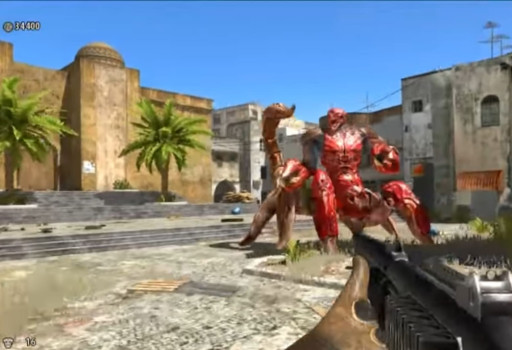
If the title didn’t already make it clear, Croteam was serious when it came to protecting Serious Sam 3: BFE from copyright infringement. The developers made it so our protagonist, Sam “Serious” Stone, would never see past the first level. Once the player gets a hold of their pistol on a pirated copy, a red scorpion the same size as Sam will relentlessly try to attack.
Hilariously dubbed the “Digital Rights Scorpion” by somebody (not sure who), this enraged arachnid was invincible. You can shoot at it as much as you want - you cannot defeat it. Even for those bums who tried to glitch their way around the infamous insect, failure was inevitable. Anyone who used glitches to squash this souped-up enemy were greeted with another one. And another one. And another one. Croteam programmed an infinite amount of gigantic red scorpions to stop pirates in their tracks. Similarly to Jet Force Gemini and Grand Theft Auto IV, Serious Sam 3: BFE’s anti-piracy barriers hinder players to the point of frustration, making it a waste of time to try and play illegally.
#2: Earthbound (SNES)
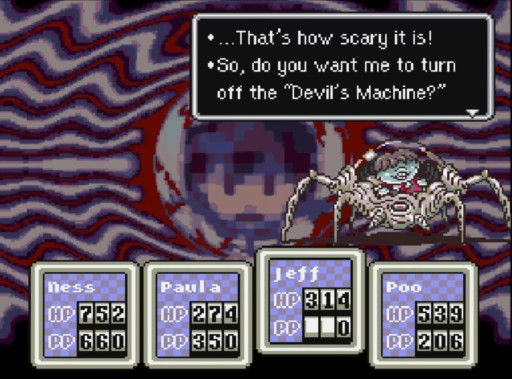
While Earthbound’s anti-piracy measure is not the most unique or clever, the game’s approach to calling out piracy is much more costly to the player-pirate. Just like The Legend of Zelda: Ocarina of Time, this RPG cult classic waits until the end of the game to pull out their tricks. However, unlike Ocarina of Time and Zelda’s strange hairdo, there is no warning shot fired. Instead, a gaming thief will meet their fate during the final boss.
When the player confronts Giygas, the main antagonist, along with Pokey, the main character’s corrupt neighbor who sides with the evil alien, the battle will commence after a short conversation with Pokey… that is, if you are playing on a legitimate cartridge. If a pirated cartridge was detected, the game would freeze once Pokey finished his monologue. Okay, so the game froze. I can just reset and resume from my last save, right? Wrong! Once you reboot, your save file will have disappeared! Shigesato Itoi and his team put in all of their quirkiness, charm, and cleverness into making Earthbound, and the same goes for their anti-piracy measures. Pirates really got what they deserved, as their save data walked the plank and into oblivion.
#1: Spyro: Year of the Dragon (PS1)
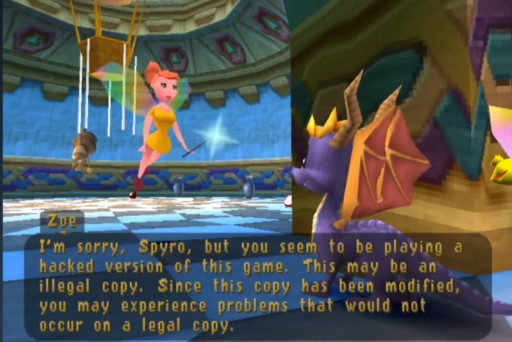
Spyro: Year of the Dragon doesn’t actively drop the hammer or mess up the controls out of nowhere. You will know very soon into booting up the game if the disc you bought at some trashy yard sale was pirated. It’s the presentation of the bad news that is absolutely brilliant, cementing the finale of the original Spyro trilogy as the title with the most clever copy protection measure ever seen in a video game.
One early conversation with Zoe, the Autumn fairy who gives our beloved purple dragon advice on how to proceed, can be rather unsettling if you’re not playing on an authentic disc. She will outright tell us that the particular copy we slid into our PlayStation may be hacked and possibly illegal as well, while also warning us that, if we dared continue, things might get complicated. She was right, too. Pirates who shrugged this warning off paid for their crimes with various traps, including a disabled pause button, level exits taking you to the wrong hub area, and, in European releases, random shifts in the game’s language. Someone in Spain might be shocked when Spyro, all of a sudden, is speaking French or German. Who wouldn’t be?
However, Year of the Dragon also takes a similar approach to Earthbound in terms of a “last straw” tactic. The final boss battle begins as normal but on a pirated disc, you will soon find yourself booted out of the arena back to the start of the game. And, once again, if you tried to get around this by resetting and resuming from your last save, think again! Your save data has been deleted. While, unlike Earthbound, criminal gamers had plenty of warnings to stop their behavior, Spyro: Year of the Dragon makes them pay for being ignorant thieves in the most cunning ways imaginable. Year of the Dragon, with this combination of copyright protection measures, boasts the most clever forms of anti-piracy in any video game to date.
